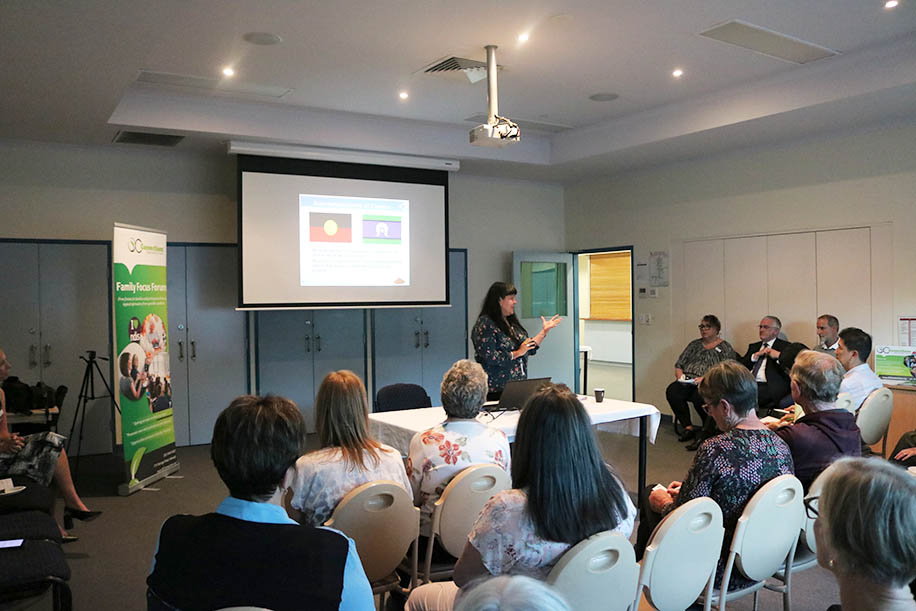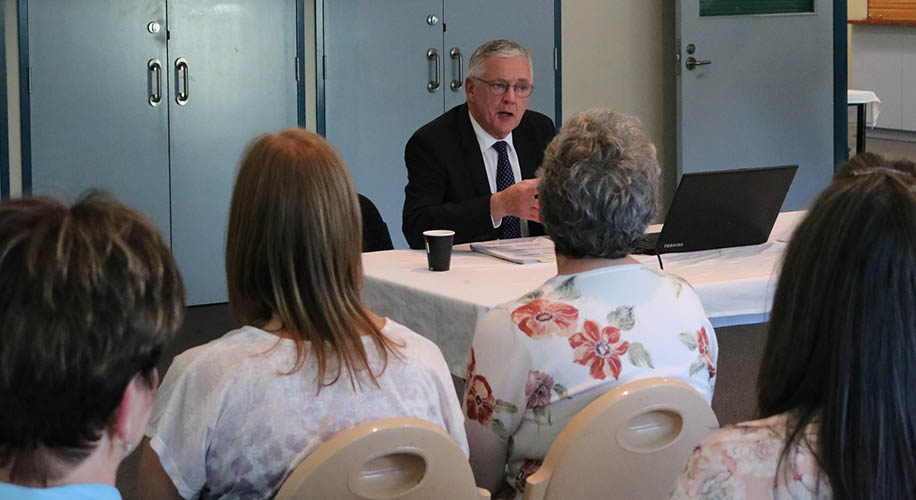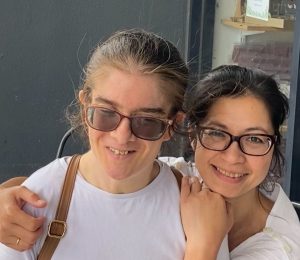
All adults have the right to make their own decisions. However, there are some instances where a person is unable to make reasonable judgements because of their disability. At these times others may need to make decisions on their behalf.
But who has the right to make these decisions? What legal measures are required to ensure the right people are in the decision making seat? And, when do you need to seek outside help?
These are just some of the questions our guest speakers presented at our Family Focus Forum in April.
Brendan Hoysted from the Victorian Civil and Administrative Tribunal (VCAT) and Hilda Quiroga from the Office of the Public Advocate (OPA) were in attendance to present on the legalities and rights and responsibilities in regards to decision-making on behalf of people with disabilities.
Important points to note were:
Administration orders are valid for up to three years
Guardianship orders are valid for only 1 year
The medical treatment decision maker is the first person in the list below who is reasonably available, and willing and able to make the decision.
A medical treatment decision maker appointed by the patient
A guardian appointed by VCAT to make decisions about medical treatment
The first person in the list below who is in a close and continuing relationship with the patient.
– the patient’s spouse or domestic partner
– the patient’s primary carer (not a paid service provider)
– an adult child of the patient
– a parent of the patient
– an adult sibling.
If there are two or more relatives who are first on this list, it is the eldest person.
4. To access a family members bank account you need to be the financial administrator, which can be applied for through VCAT. Being an administrator requires you to provide records annually.
We would like to thank both Brendan and Hilda for sharing their wealth of knowledge in these areas as well as their considered responses. OCC is grateful for speakers like Brendan and Hilda for sparing their time to help our families and friends navigate their way through new and sometimes daunting topics.





